by Ashleigh Feltham
Accredited Practising Dietitian and Accredited Nutritionist

Prostate cancer is the most commonly diagnosed cancer in Australian men and the third most common cause of cancer death. An overall healthy and balanced diet such as the Mediterranean diet is critical to reducing your risk of prostate cancer. The Mediterranean diet includes fruit and vegetables, seafood like Safcol Seafood, legumes, nuts and seeds, whole grains and contains minimum saturated fat and Trans fats. Research has also promoted soy-based products like tofu and soybeans to reduce your risk of prostate cancer.
The most important two food groups are fruits and vegetables. The positive power of eating or drinking enough fruit and vegetable servings to reduce your cancer risk cannot be understated. To increase the amount of fruit and vegetables in your diet, you can include having a piece of fruit as a snack, choosing fruit salad and low-fat yoghurt as a dessert and selecting a side of salad, steamed vegetables or grilled vegetables instead of hot chips. Try adding your favourite vegetables or fruits to a sandwich like a tomato, lettuce or avocado. A prostate friendly meal suggestion would be, whole grain pasta with Safcol tuna in spring water, rocket with sun-dried tomato and ricotta or with tomato sauce with olives, eggplant and capsicum.
To take care of your prostate health you should know about the positive effect’s tomatoes have in reducing your risk of prostate cancer. A two-year study of 47,365 men concluded that men who included lycopene in their diet, a carotenoid from tomatoes, had a reduced risk of prostate cancer. Lycopene is better available to the body after processing and it was found tomato sauce decreased the risk of prostate cancer further than eating tomatoes! The good news for seafood lovers is that tomatoes go very well with seafood.
You can include tomato in your diet by adding it to sandwiches or by adding some tomato sauce to your favourite pasta. Tomato paste can also be eaten as part of the base of a pizza like Safcol Tuna Puttanesca Pizza or you can make a tomato-based dip like Safcol Smoky Tuna Chickpea Sundried Tomato Dip to have with some fresh cut up vegetable sticks, or wholegrain crackers.
Foods that may increase the risk of prostate cancer include foods found in a typical Western diet like processed and fresh red and white meats with the skin and fat left on. Processed meats include bacon, salami, sausage and ready to eat sandwich meats.
A diet high in fat, specifically trans and saturated fat is also linked to prostate cancer. The main places saturated fat can be found is from animal products which include butter, cheese, ice cream, the fat on red and white meat as well as from non-animal sources including coconut and palm oil. Trans fats are a form of unsaturated fat but because of the way it has been processed it acts like saturated fat. Trans fats can be found in foods like biscuits and chips, fried foods and baked goods like pies and pastries.
You do not need to give up all animal-based foods to protect your prostate. Research has shown that a diet that is based on a traditional Mediterranean diet that includes seafood like the quality and sustainable choices available at Safcol Seafood over a typical Western diet can reduce your risk of prostate cancer.
Take home message
When considering how to make changes in your life to reduce your risk of prostate cancer, it is important to see the big picture and an overall diet. An overall balanced diet and healthy lifestyle choices will have a far greater impact on your health than a single food. Knowledge is power and you can make a difference to your health if you choose to take a long term, balanced approach to improve your health.
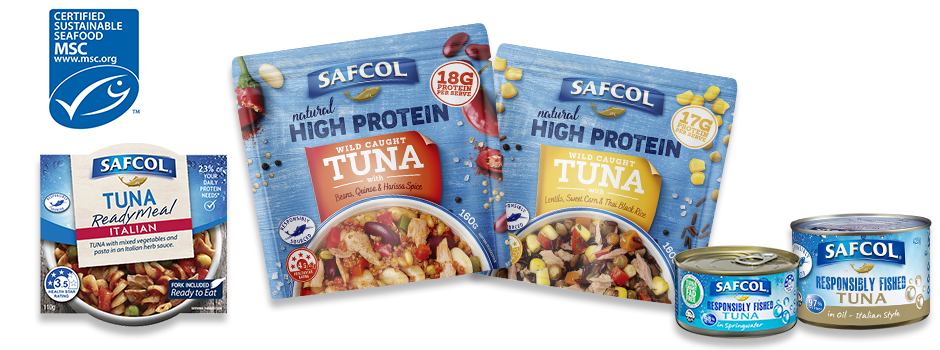
References:
- Giovannucci E, Rimm EB, Liu Y, Stampfer MJ, Willett WC. A prospective study of tomato products, lycopene, and prostate cancer risk. Journal of the National Cancer Institute. 2002;94(5):391-8.
- Australian Institute of Health and Welfare. ACIM (Australian Cancer Incidence and Mortality) Books. Canberra: AIHW.
- Australian Institute of Health and Welfare & Australasian Association of Cancer Registries 2012. Cancer in Australia: an overview, 2012. Cancer series no. 74. Cat. no. CAN 70. Canberra: AIHW.
- Vlajinac H, Ilic M, Marinkovic J, Sipetic S. Nutrition and prostate cancer. Journal of BUON : official journal of the Balkan Union of Oncology. 2010;15(4):698.
- Patel VH. Nutrition and prostate cancer: an overview. Expert review of anticancer therapy U6 – Journal Article. 2014;14(11):1295.
- Manolis AS. You Are What You Eat, Hence Curtail Saturated and Trans Fats, Free Sugars and Salt. Hospital Chronicles. 2016;11(2):65
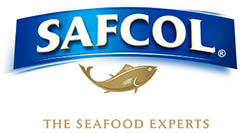
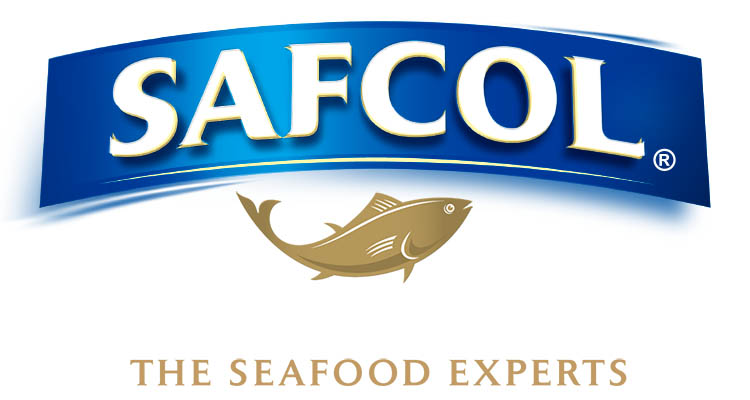
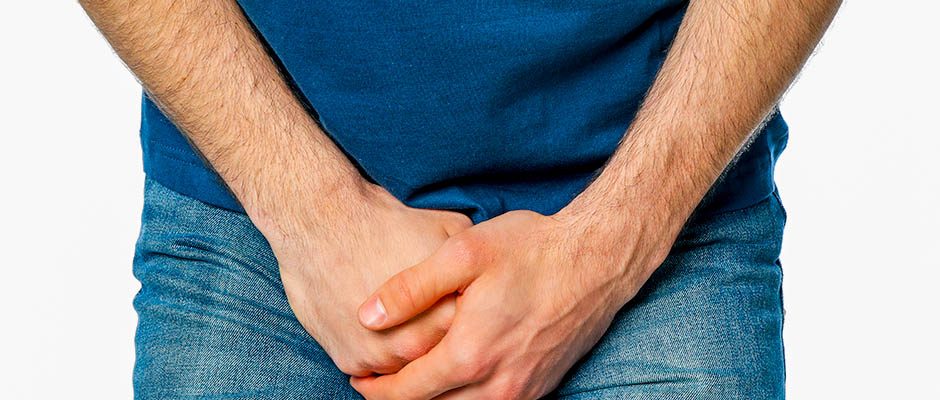
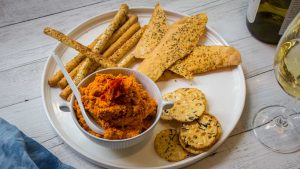
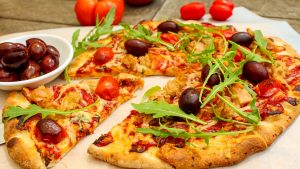





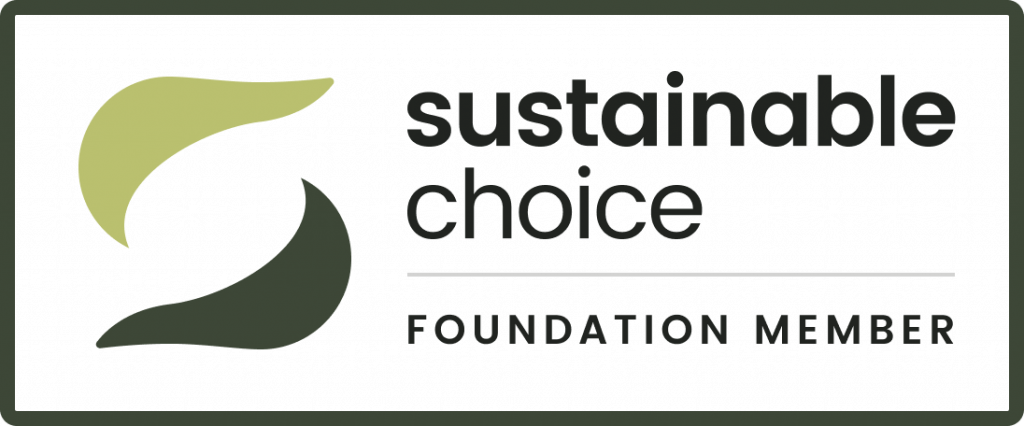
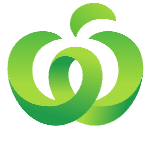

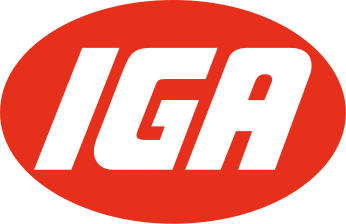


Comments are closed.